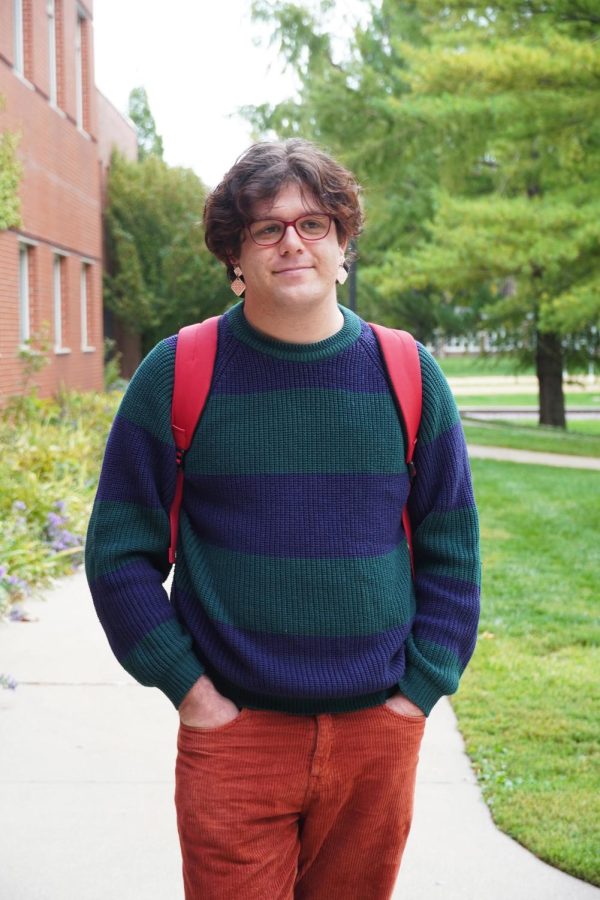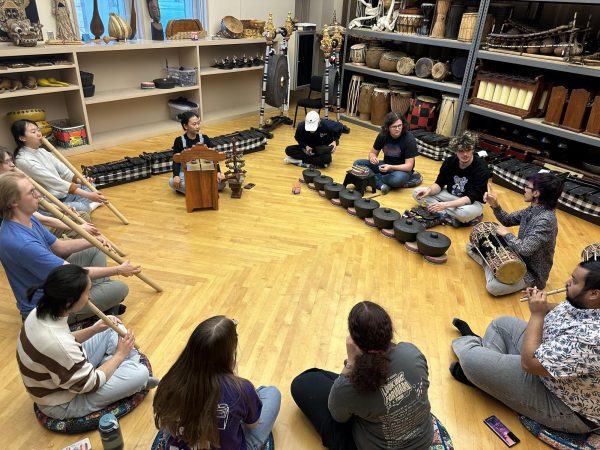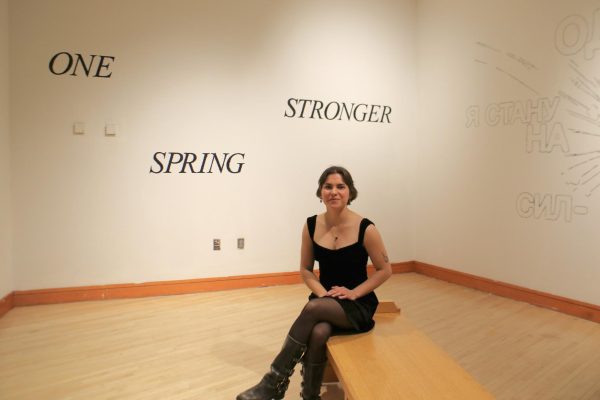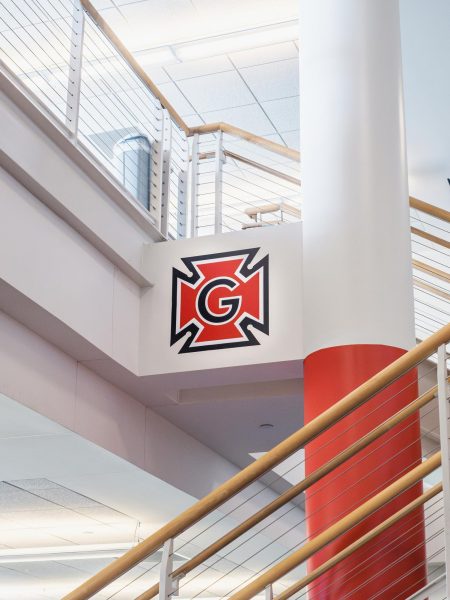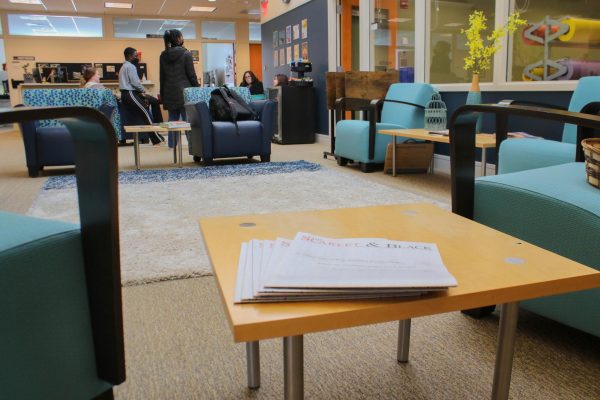CAs face increased workload compared to previous years
Edo Biluar `23 is a community advisor for Main Hall.
October 10, 2022
Beginning this academic year, each community advisor (CA) has had an increase in their workload compared to last year. However, some CAs have criticized the change, as they said they were not informed of the new workload expectations prior to accepting their positions.
The changes, which some CAs have called unexpected, call for a robust programming plan to increase community engagement. For this new program, every CA is supposed to plan and execute two active programs in the first six weeks of the semester. These active programs require the CAs to create events for their residents to participate in. Additionally, they are also expected to help their residence life coordinators in the planning and execution of cluster-wide programs.
According to Assistant Dean of Residence Life and Student Conduct Dennis Perkins, this robust programming, which is called the ‘Residential Curriculum,’ is aimed at increasing social interaction among students. He said that the first six-week program aims to help students get to know one another at the start of the year.
“That’s the whole point, we live in Grinnell,” Perkins said. “Sometimes people say it’s the middle of nowhere or the middle of everywhere depending on how you see it.”
In August, the department of residence life discussed adding more programs throughout the entirety of the semester, according to Perkins. However, this expectation was rescinded after some CAs contended that this change did not align with their workload expectations based on the contract they received in May 2021.
“It adds stress to try to figure out what they [residence life] want. Often because things change so often” Edo Biluar`23,aCAinMainHall,wrote in an email to the S&B, referring to their workload changes. “[The] college has an obligation to talk to us about changes that they’re going to make. And I think that they have failed.”
In addition to the new programming requirements at the start of the year, CA training includes Title IX and Student Health and Wellness training, meeting with insurance counselors and restorative justice training, which would take place 10 days before student move- in.
However, the new robust programming plan received considerable backlash from some CAs. Biluar said that one of the reasons this program was unfair is not entirely because of the changes made but because they were made without consulting the CAs or the Union of Grinnell Student Dining Workers, which expanded to include all student workers in April 2022.
“It’s like we signed up for a job, but they’re giving us a different job or an alternative form of the job,” said Biluar.
Biluar also said that they believe CAs are not compensated enough in comparison to the work they are expected to do. For CAs, the expenses of the room and board are paid for. Hence, this amount is considered to be their salary. If they receive financial aid, they are compensated for the room and board expenses not covered by their financial aid package. CAs do not earn any additional money from the College forthefirst10daysoftrainingbefore classes begin.
Perkins said that residence life has been looking into this issue and hopes to increase the compensation CAs receive for their work. Perkins also noted that this change could possibly take place by fall 2023. Perkins said that residence life also plans to make changes to how work is assigned to CAs, but the timeline of these changes has not yet been worked out.




























































